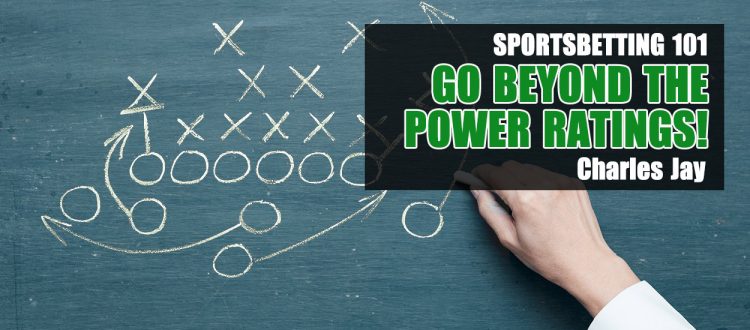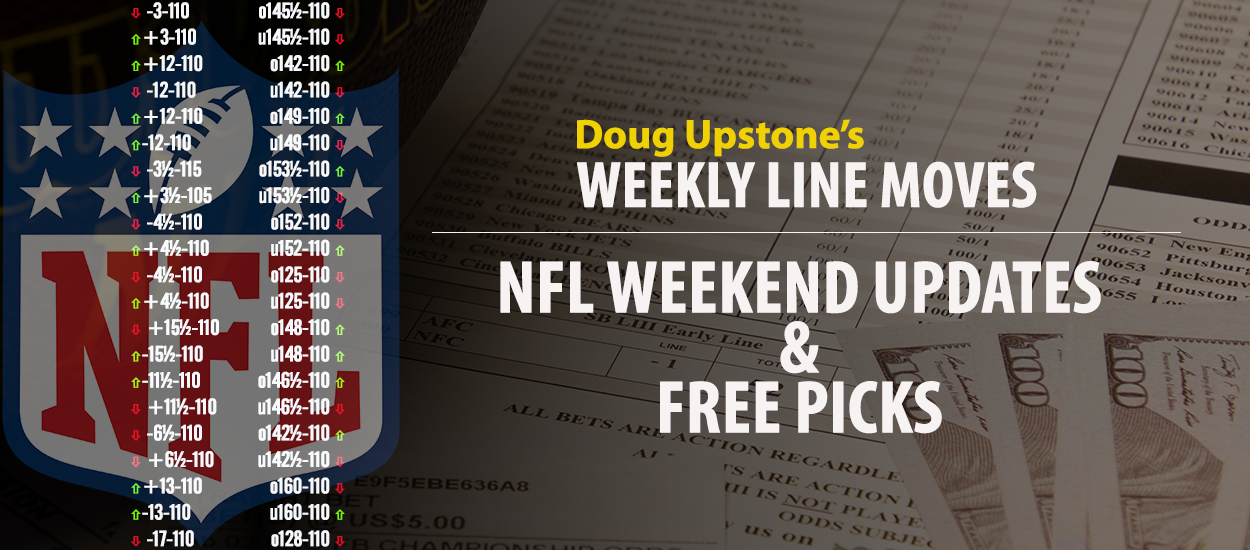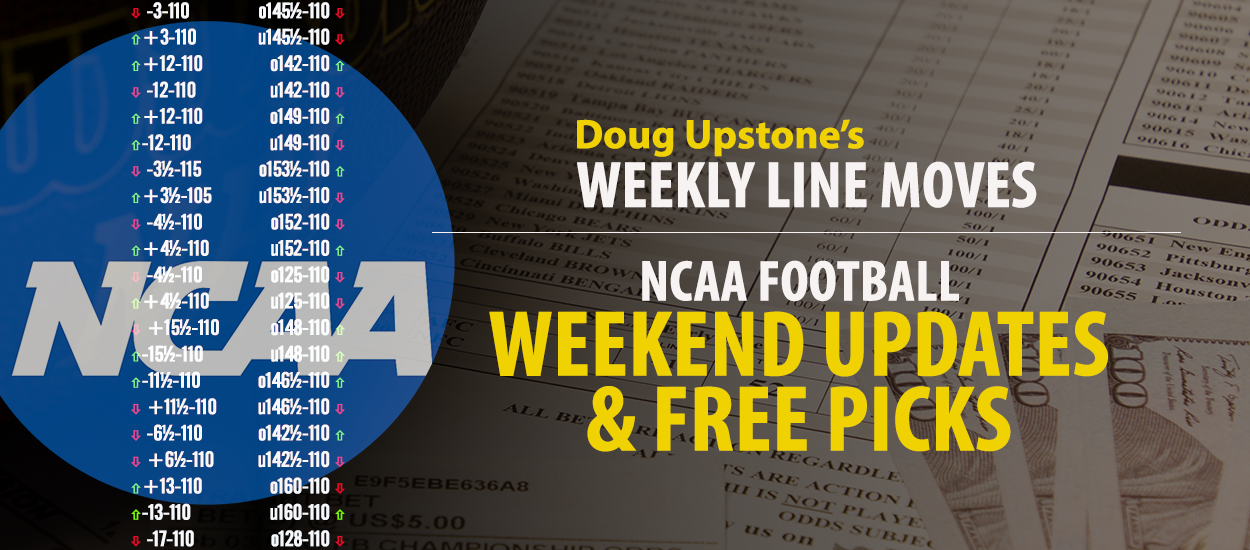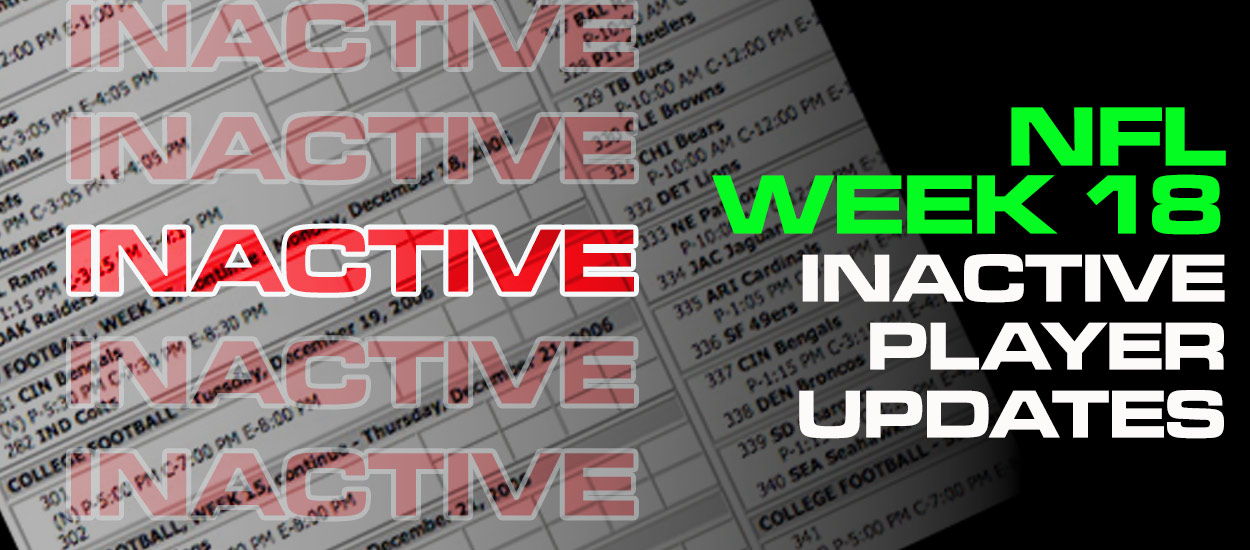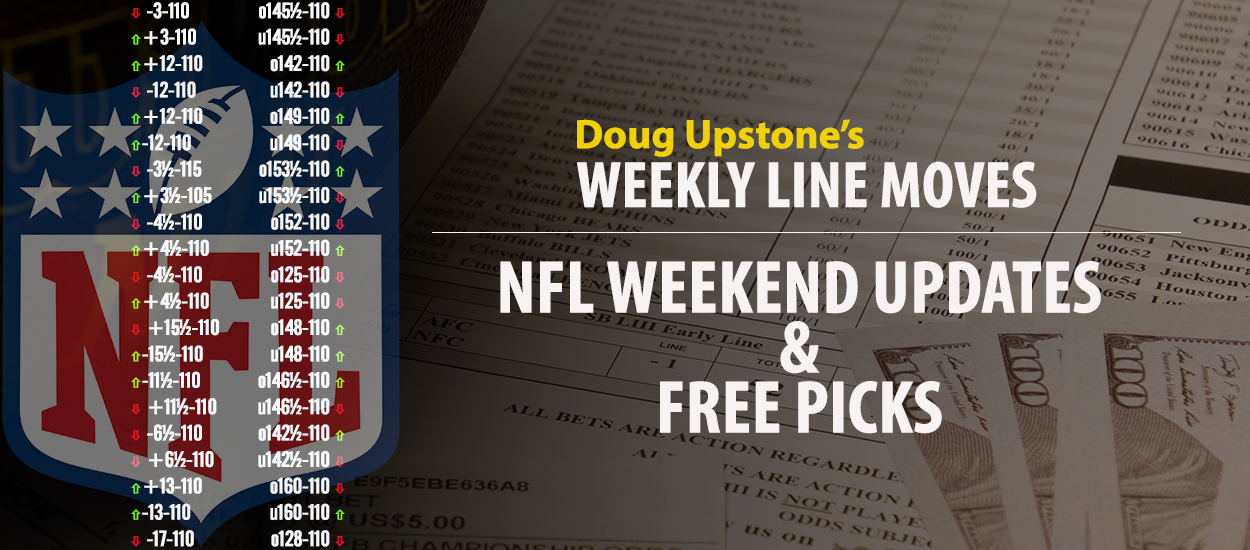Understanding Power Ratings in NFL Betting
If you are not aware, those who make point spreads on pro football games utilize a certain formula to do so. What they are using is something called a “power rating,” which assigns a certain numerical value to each team.
That number constitutes a basis on which to proceed, and then a value is added – when applicable – for the home-field advantage.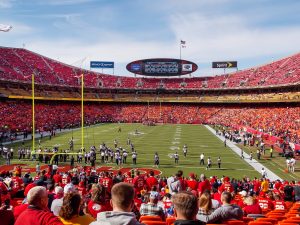
This “advantage” can vary according to the team and the perception of how well they play at home as opposed to on the road. Some venues are more difficult for visitors than others.
Is all of this an exact science? No, of course not. But it is about as close as possible to coming at a number.
Here’s an example – Team A has a power rating of 96, while Team B’s rating is 92. Team A is playing at home, and has been assigned a home-field advantage of three points (which is somewhat standard but not an absolute). This would bring Team A’s number to 99, so if the linemaker was using these numbers, he would establish Team A as a seven-point favorite, give or take a half-point.
Well, whether it’s oddsmaking or handicapping, there is both art and science involved. Therefore, you can imagine that there is some “wiggle room” in your evaluation of the point spread that is sitting before you.
That’s because, while no one would suggest that these oddsmakers are guilty of big mistakes regularly, you may find a different way to examine what the number means and where there might be an opening to make a winning play in betting the NFL.

Considering Situational Factors in NFL Betting
You may get to the point where you are making up your own power ratings. If you don’t, you may want to find yourself a couple of sources that you consider to be reliable and credible and use their ratings as a reference. When you find a sharp source, you’ll generally find that a calculation of the numbers as I have described above will be very close to the number you’ll have to bet against.
At this juncture, it’s important to understand that there are other factors – generally situational factors – that could loom important as far as the eventual outcome of a game.
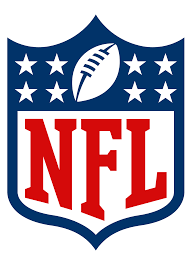 I’ve had my share of discussions with former NFL players, and years ago I talked to some of them about how much these situational factors could affect a team from week to week. It should be noted that some bettors don’t believe this is much of a factor.
I’ve had my share of discussions with former NFL players, and years ago I talked to some of them about how much these situational factors could affect a team from week to week. It should be noted that some bettors don’t believe this is much of a factor.
Well, they easily conceded that teams can find themselves a victim of a letdown, whether that is on the heels of a game with a heated rival, or a big upset victory. They can also legitimately be caught looking ahead to the next game, causing them to be a little flat-footed.
These are not foreign concepts; they are understandable since this is a game played by human beings. And if any of those other factors kick into gear, it can throw anyone’s formula out the window.
The Impact of Injuries on Betting Lines
Then, of course, there are injuries, which are a whole separate discussion. Suffice it to say that when the quarterback or another key offensive player is hurt, the oddsmaker is building that into the line. But there may be other personnel absences you may consider to be more meaningful than are being factored into the number.
And if you are a follower of point spread trends, those are certainly something you may want to take a long look at. But if I were you, I would make sure there was an explanation for it.
In short, what you have to do as someone handicapping and subsequently wagering on these games is to weigh many factors using your own judgment, over and above that which is contained in simply subtracting one number from another and tacking on a home field value.
That’s your assignment if you want to be a winner.

